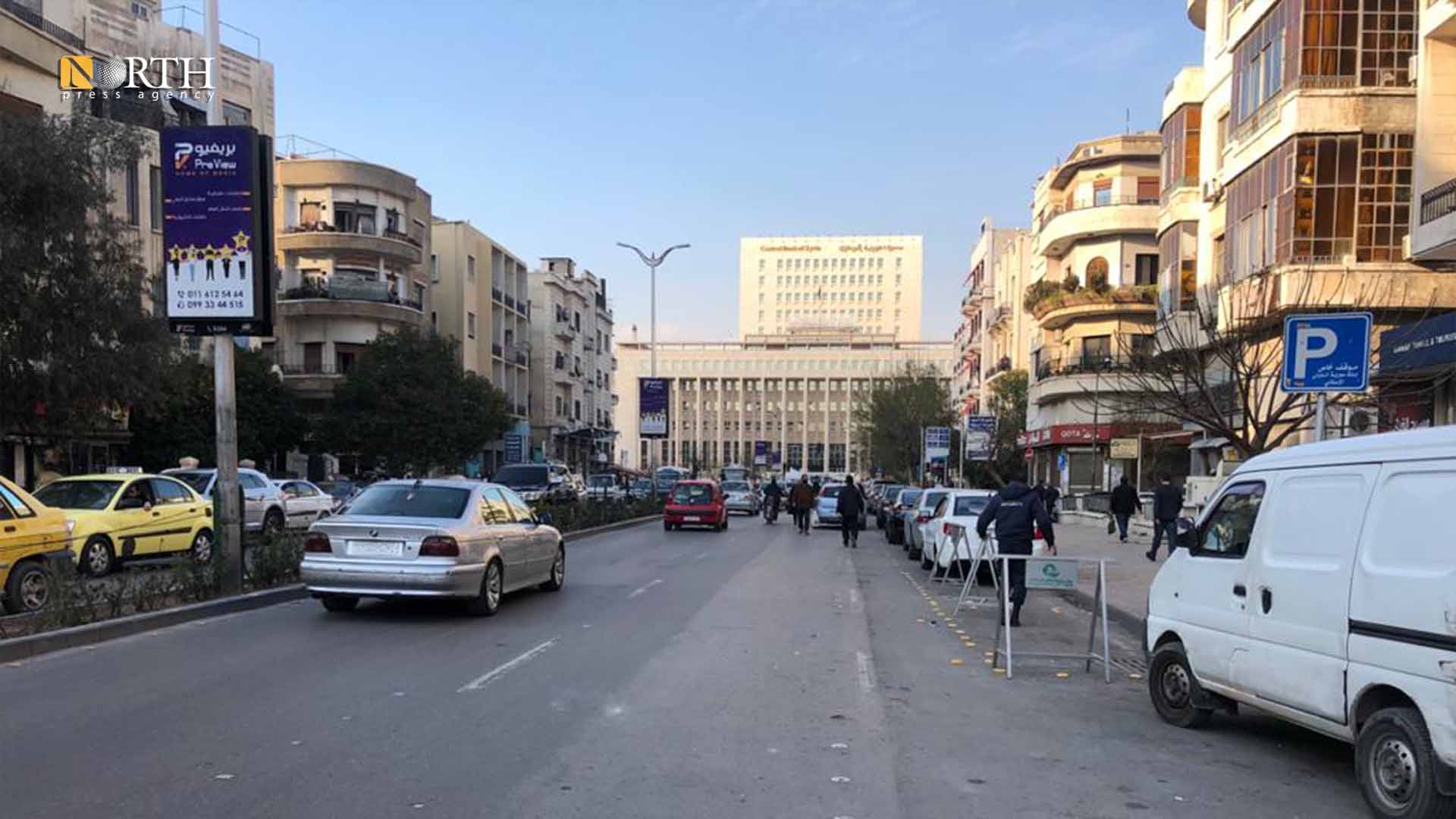Currency collapse paralyzes trading in Syria’s Damascus
DAMASCUS, Syria (North Press) – The increasing prices of goods and foodstuffs in the light of Syrian pound’s collapse against the American dollar has caused a major decline in trading in the markets of Damascus.
On Wednesday, the exchange rate reached 4,000 Syrian pounds (SYP) for each American dollar.
Residents of Damascus say that the Syrian pound’s collapse mainly affects the prices of basic goods and foodstuffs.
Purchasing movement has been almost paralyzed due to the Syrian currency’s collapse against the American dollar, Abdulkhalek Hani (a pseudonym), a shopkeeper in al-Mouhajrin in Damascus, told North Press.
“Prices of most of the basics are increasing; for example, one liter of oil is sold for 8,000 SYP and each kilo of sugar for 2,500 SYP, while one kilo of rice is sold for about 3,000 SYP,” he added.
These prices are unreasonable in comparison to the salary (60,000 SYP) of the government employee, and cannot cover the price of food for two days, according to him.
Traders in Damascus say that exchange rate fluctuations caused them massive losses and they hold the Syrian government responsible for their losses.
“We sell goods with a profit margin, and when we buy the same goods we are surprised at the price that exceeds the sales price,” Foodstuff merchant Hassan al-Assi (a pseudonym) told North Press.
The Central Bank did not issue any declaration regarding the increasing exchange rate, keeping its rate at 1,256 SYP for each dollar, according to Lira al-Youm (The Pound Today) website.
“Trading movement is almost paralyzed, and I will not open my shop until prices stabilize,” Mo’yia al-Khalidi (a pseudonym), a shop owner in al-Hijaz, told North Press.
On Wednesday, shop owners in Damascus closed their shops following the sharp deterioration in the Syrian pound against the US dollar.
Closure included shops in most neighborhoods of Damascus, especially in Jaramana, Doweil’a, Baramkah and Sahnaya.
Al-Khalidi pointed out that “people are no longer able to buy their basic needs, whose prices exceed the citizens’ purchasing power.”

